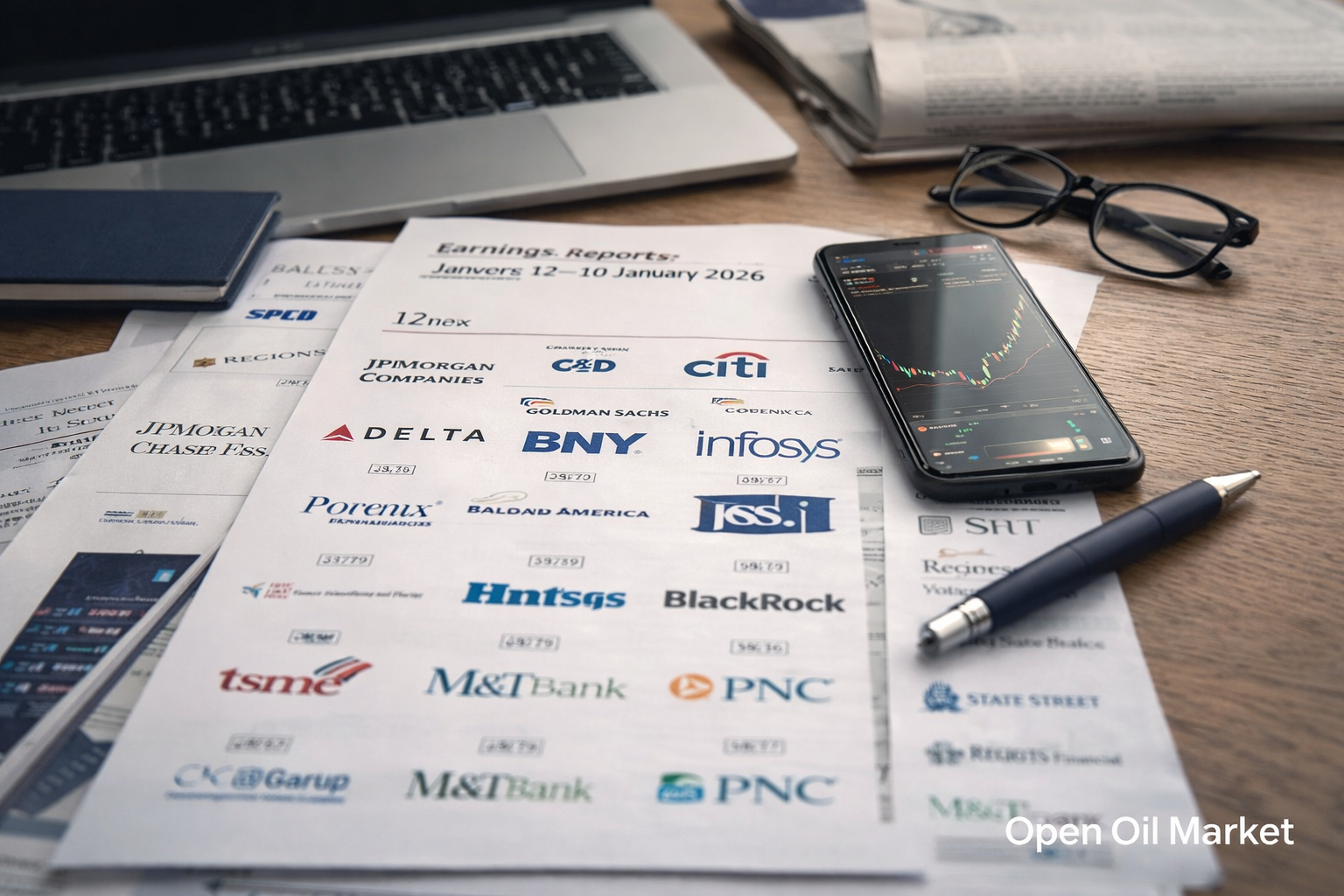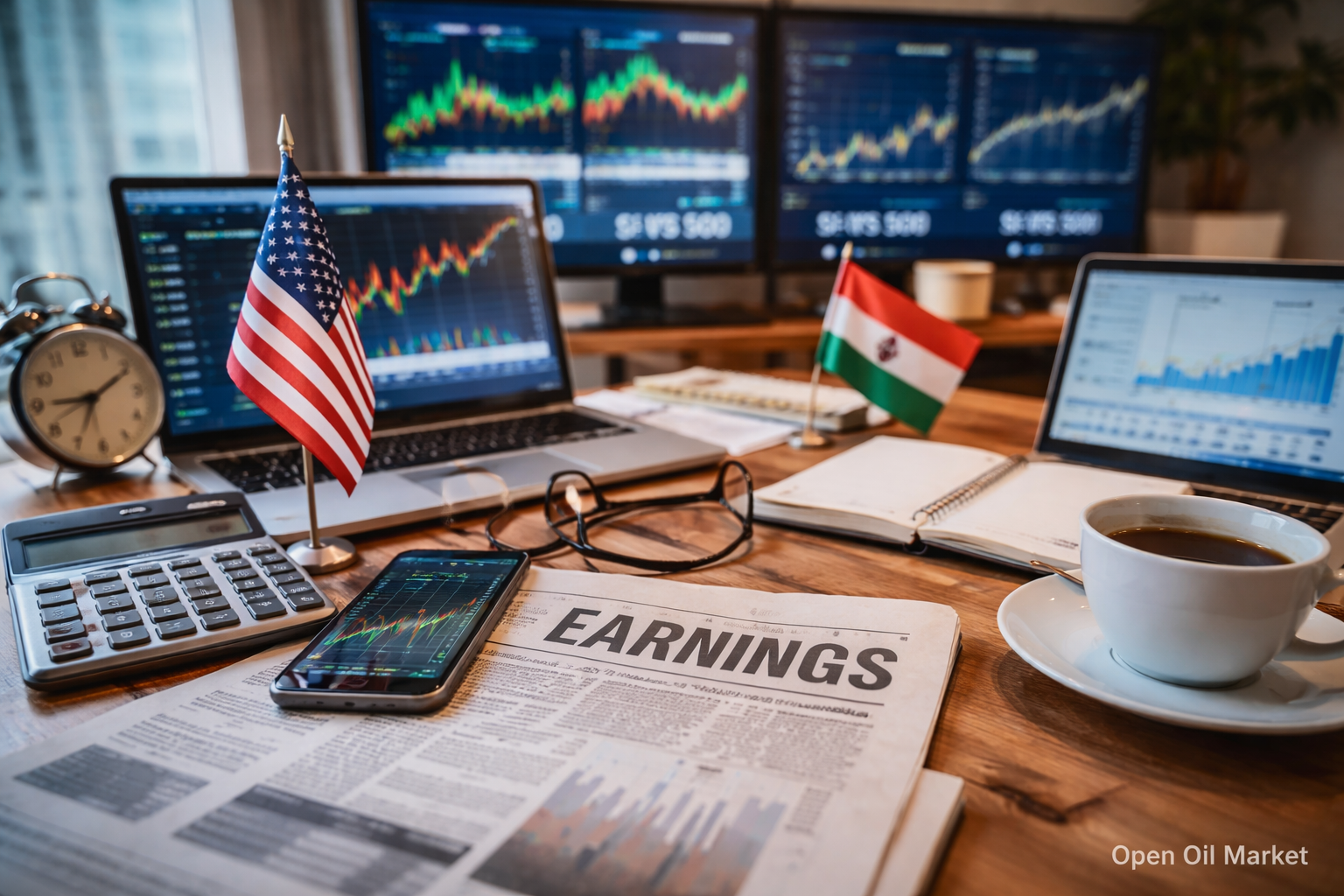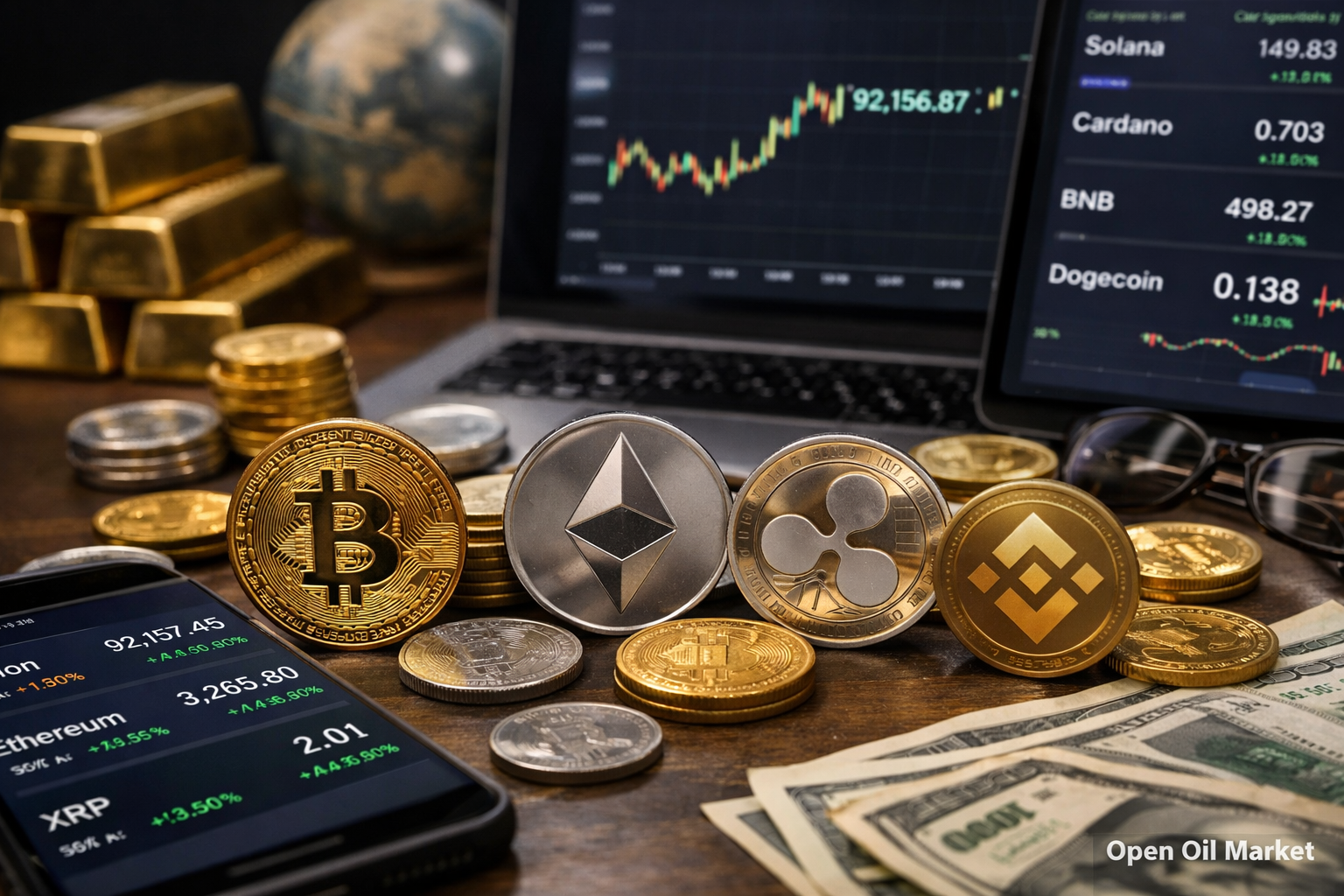Global Startup and Venture Capital News for November 19, 2025: Mega AI Rounds, New Funds, M&A Transactions, IPO Growth, and Key Tech Market Trends
As we approach mid-November 2025, the global venture market is showing robust activity. Investors worldwide are again actively funding technology startups—record-breaking mega-rounds are being closed, and IPO plans are once more taking center stage. Major tech players and venture funds are re-entering the fray with substantial investments, while governments in various countries are enhancing support for innovation. Consequently, private capital continues to flow into the startup ecosystem, reflecting a heightened risk appetite amid market stabilization.
Venture activity is on the rise across all regions. The United States remains a strong leader (particularly in the field of artificial intelligence), Europe is strengthening its position through new large funds and deals, while Asia sees increased investments in advanced technologies supported by government initiatives. The Middle East is also stepping up its efforts, channeling oil revenues into tech projects and developing regional tech hubs. A global venture upswing is taking shape, although investors continue to act selectively and cautiously.
Below are the key events and trends shaping the venture market landscape as of November 19, 2025:
- Major investments in AI from tech giants.
- Significant funding rounds in fintech and other sectors.
- A new surge in investments in biotech and healthcare.
- The return of major venture funds (megafunds) to the market.
- A wave of M&A deals and large exits.
- The revival of the IPO market and new public offerings.
- Global trends: regional shifts and cautious optimism among investors.
Major AI Investments from Tech Giants
The artificial intelligence sector continues to break records in capital attraction. Amazon founder Jeff Bezos announced the launch of a new AI startup called Project Prometheus with phenomenal initial funding of $6.2 billion. Bezos will personally serve as co-CEO of the company, which will focus on developing "physical AI" to accelerate engineering and manufacturing processes. This unprecedented round makes Project Prometheus one of the largest startups by initial investment in history, highlighting investors' unwavering enthusiasm for AI.
Other recent deals in the AI segment also illustrate the high interest in this field. Leading AI startups are attracting hundreds of millions; for instance, computer vision platform Metropolis secured $500 million in early November (with an estimated valuation of around $5 billion), while cybersecurity project Armis raised $435 million in a pre-IPO round (with a valuation of $6.1 billion). According to industry analysts, AI accounts for more than half of all venture capital invested in 2025 (approximately $193 billion since the beginning of the year). Thus, AI remains a key driver of venture investments, as both large corporations and funds continue to actively invest in AI-focused projects.
Significant Funding Rounds in Fintech and Other Sectors
In addition to AI, startups in other industries, particularly fintech, are drawing substantial funds. For example, American fintech platform Ramp raised $300 million in November in a new funding round, with a valuation of $32 billion. This round has placed Ramp among the most valuable private fintech startups in the world and confirmed that investors are willing to back successful business models even in a more selective market. Ramp's success, which offers corporate clients innovative solutions for managing expenses and payments, demonstrates that demand for effective fintech platforms remains strong.
Significant investments are also being received by startups in telecommunications, energy, space technology, and other sectors. For instance, infrastructure project Celero Communications raised $140 million for the development of optical networks in data centers, while Japanese startup Sakana AI secured $135 million for creating advanced chips and AI models for the national defense sector. These deals reflect the wide reach of venture capital—from financial services to deep-tech projects—and confirm investors' willingness to fund diverse sectors capable of scaling.
New Surge in Investments in Biotech and Healthcare
Venture financing in biotech and healthcare is experiencing a new surge. Biotech companies are securing large rounds to develop advanced drugs and medical technologies. For example, British startup Artios Pharma raised $115 million in a Series D round to expand oncology research (ATR inhibitors for cancer treatment). Capital is being directed towards supporting breakthrough scientific developments, and investors are showing increased interest in promising drug platforms and med-tech devices.
Major pharmaceutical corporations are also actively acquiring innovative biotech startups, confirming the value of this sector for the ecosystem. A recent example is Johnson & Johnson's agreement to acquire American biotech startup Halda Therapeutics for $3.05 billion. This multibillion-dollar deal signals to the market that leading players are willing to pay a premium for promising medical developments. Overall, life sciences remain a key area for venture investments: alongside direct financing, startups in this sector have a clear exit path through strategic deals with industry leaders.
The Return of Major Venture Funds to the Market
Venture capital is once again being infused with large funds, signaling restored confidence among institutional investors. A number of leading investment firms have announced the creation of so-called megafunds—funds of $1 billion and above. For example, the Japanese conglomerate SoftBank is forming its third Vision Fund of approximately $40 billion, aimed at investments in AI, robotics, and other advanced technologies. Sovereign funds from Gulf countries are also becoming active, channeling oil dollars into tech projects and developing government mega-programs to support startups in the Middle East.
New significant funds are also emerging in Europe and North America. European venture investor Sofinnova Partners recently closed a €650 million fund to support biotech and med-tech startups—even market volatility has not hindered the attraction of such substantial capital. In the U.S., earlier this year, Emergence Capital raised $1 billion for investments in cloud services and AI startups. In addition to megafunds, there is a rise in specialized venture funds; for instance, a new $110 million fund fully focused on legaltech startups was recently announced. As a result, venture investors are sitting on record levels of uninvested capital ("dry powder")—hundreds of billions of dollars ready to be deployed into promising projects.
A Wave of M&A Deals and Large Exits
The market is experiencing a wave of consolidation: mergers and acquisitions are once again becoming an important part of the startup ecosystem. Corporations and late-stage investors are actively considering acquiring promising teams and technologies, creating new exit opportunities. A recent example is pharmaceutical giant Johnson & Johnson acquiring biotech company Halda Therapeutics for $3.05 billion, providing Halda investors with one of the largest exits of the year. Activity is also evident in the tech sector: Cisco Systems acquired startup EzDubs, a developer of an AI translation service, to integrate its solutions into its communication product line. Additionally, quantum company IonQ announced its intent to acquire startup Skyloom Global to accelerate the development of quantum networking technologies.
Not all significant deals go smoothly—some instances show investor caution. For example, cryptocurrency exchange Coinbase has withdrawn from a previously planned acquisition of fintech startup BVNK (a stablecoin platform) for $2 billion, likely due to increasing regulatory risks. Nevertheless, the overall M&A dynamics in 2025 indicate a growth in the number and volume of deals compared to last year. Strategic investments and acquisitions by major players are helping startups secure the necessary resources for scaling or entering new markets, ultimately benefiting the venture ecosystem.
The Revival of the IPO Market
The initial public offering (IPO) market is witnessing a significant revival after several years of quiet. In 2025, the number of tech companies going public has notably increased. In the U.S. alone, over 300 IPOs have taken place since the beginning of the year, which is approximately 60% more than during the same period in 2024. Successful debuts of several "unicorns" on the stock market have restored investor confidence that the opportunity window for public offerings is again open. Companies that had previously postponed their IPO plans are resuming preparations for listing.
Among the most anticipated IPO candidates are several global tech startups. These include American fintech giant Stripe, corporate AI software developer Databricks, neobank Chime, and others preparing to offer their shares to investors in the upcoming quarters. Internationally, there is also movement: Swedish startup Einride (a developer of autonomous electric trucks) has announced plans to go public on the New York Stock Exchange through a merger with a SPAC company at a valuation of approximately $1.8 billion. This indicates that the desire for public markets is of a global nature—startups from Europe and Asia are also utilizing the opened IPO window to raise capital and accelerate growth.
Global Trends and Market Prospects
The combination of recent events points to the formation of a new growth cycle in the global venture sector. Abundant financing for advanced fields (primarily AI, fintech, biotech), coupled with the emergence of large funds and improved exit conditions, creates a favorable environment for startups. Competition for leadership positions in key technology areas is intensifying: major corporations are not only actively investing in promising young companies but also attracting the best teams and developments from the startup ecosystem.
That said, a certain degree of caution remains. Macroeconomic factors (including high interest rates and geopolitical uncertainty) continue to prompt investors to take a measured approach when evaluating new projects. Capital is still being allocated selectively—in favor of teams with compelling technologies and sustainable business models. Nevertheless, the overall sentiment remains optimistic. Many countries are expanding innovation support programs (for example, national AI and tech startup initiatives in Asia and Europe), complementing the efforts of private capital. Thus, the global venture market is entering 2026 with signs of a tangible revival, where high growth expectations are balanced by greater discipline and a focus on long-term value.




